
Experts explain why the 2024 Paris Olympics, kicking off later this month, could be the crowning moment for Kenya’s legendary marathoner Eliud Kipchoge, whose stellar past includes two Olympic golds.
Stephen Granger, bird story agency
The 2024 Paris Games are fast approaching and Kenyan marathoners are poised to shine, given the rich pool of talent in the country’s Olympic team. Could this be 39-year-old Eliud Kipchoge’s moment to make history as the first athlete to win three Olympic Marathon titles?
The questions for Kenya’s famed runners don’t stop there, however. Another question is whether Helen Obiri could use the Paris games to upgrade her Olympic silver medal (she has two in the 5000m, from 2016 and 2020) to gold in the marathon to add to her world championship titles in 5000m and cross-country.
Can Benson Kipruto… Can Peres Jepchirchir… Can Alexander Munyao … Can Bridgid Kosgei…? The list of questions, and expectations from home fans, appears limitless.
Kenya and distance running are virtually synonymous Kenya, together with their neighbours and close rivals, Ethiopia, dominate world rankings over most distance events, and Kenyans are strong favourites to fill the bulk of podium places at the Olympic Marathons.
Results from the past fifty years of international competition in distance running, whether on track, road or in cross-country, demonstrate that dominance. But what are the primary reasons for Kenyan supremacy?
Former elite Dutch marathoner and human movement scientist, Hugo van den Broek, now a professional coach in Kenya and married to former Kenyan Olympian, Hilde Kibet, is well-placed to provide some answers and he shared his thoughts on the secret of Kenya’s distance running success.
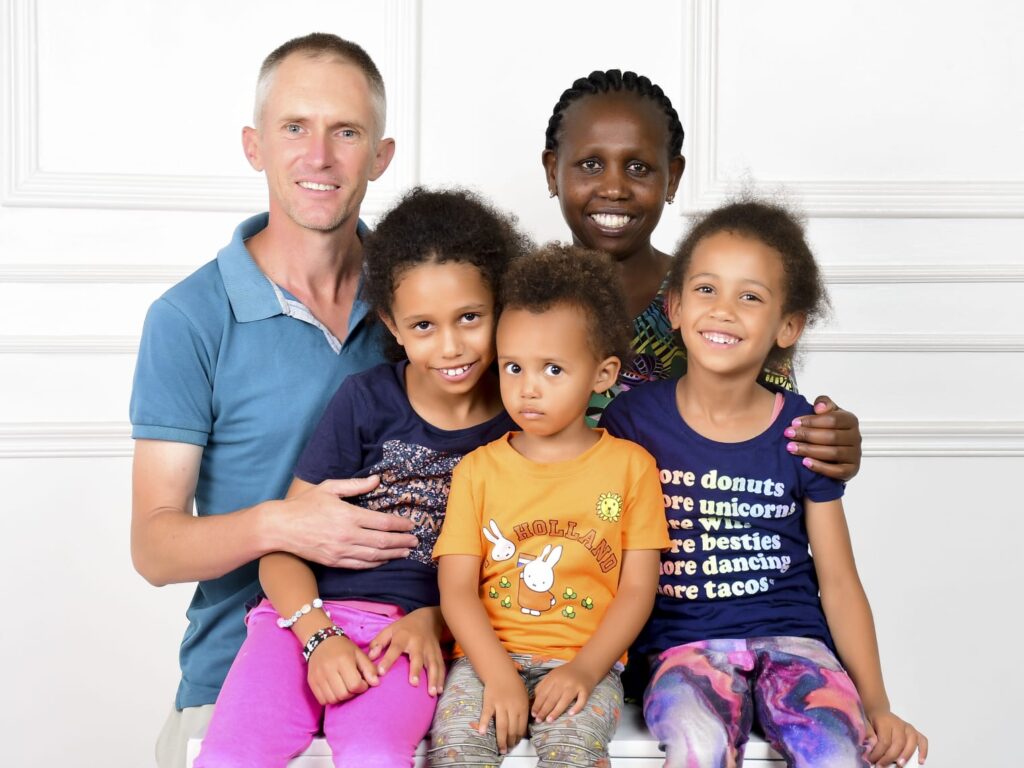
“I think it’s a combination of factors,” reflected the Eldoret-based coach and founding host of ‘Kenya Camp’, offering training experiences to athletes across the world.
Living and training at high altitude undoubtedly helps. Eldoret, the main centre of the region, lies at 2100m with high points at 2700m nearby, while the nearby distance-running mecca of Iten is between 2400m and 2500m.
“Anyone born there builds a strong lung system from a young age,” Van den Broek continued. “Many elite distance athletes seek out places at high altitude to train, but of course, that’s not the only thing.”
“An important factor is the Kenyan recruitment system – the best in world. In other countries, talent can easily be missed. In Kenya, every child in school is encouraged to take part in athletics, one of three major sports. If you do well, you find yourself competing in ever higher level events, eventually at national championships.”
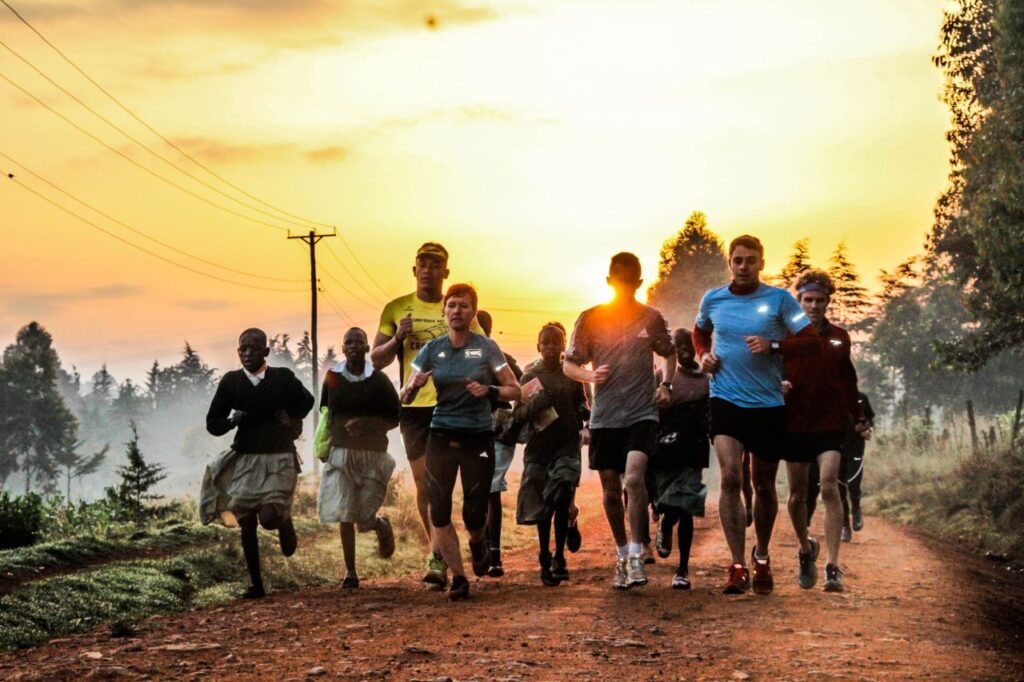
“Many of the Kenyan athletes’ families from the Kalenjin ethnic group have been pastoralists for centuries and now dominate world distance running.”
“The kids regularly ran to school. Ten to fifteen years ago they mostly ran barefoot although today most of them have shoes. Some would even run home for lunch-break, covering 10-20km each day.”
Van den Broek acknowledges that the significant money which can be won and earned through road running in recent years, in prize money, appearance fees and incentives, is a big attraction to families with children who show some promise.
“Seeing firsthand the difference that money from running can make to people’s lives provides strong incentives,” Van den Broek added. “Those include being able to send their children to good schools, enjoying a more comfortable house and owning a car. And most young people here have a some relative who has made it in the sport and they can see the difference it has made.”
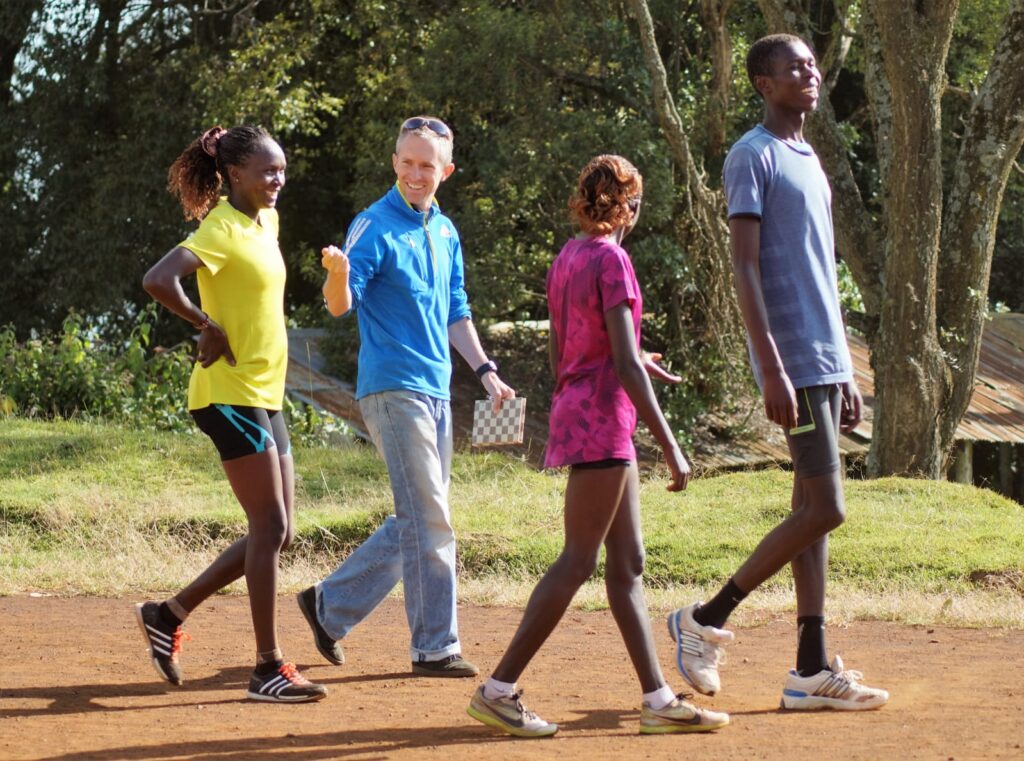
“Importantly, many families living in this region (close to Eldoret) are poor enough so that running can make a huge difference to their lives, but not too poor that they can’t support their children in training for running.”
“Here (in the Eldoret region) most children stay in a house and have at least basic food. Families can support one or two children who show talent and want to focus on training. They live simply, there’s not a lot to spare but they don’t feel poor.”
“Many families in the region send children who show promise to Iten to focus on running, once they turn 18. The rewards can be substantial.”
The benefits that can accrue to families through running are easy to see and provide strong visual motivation for others from the region to strive towards athletics excellence.
Whatever the reasons, it is clear that distance running in Kenya is on a higher plain as the country continues to produce champion distance athletes of the highest quality.
But the key question remains – can Kipchoge make it three in a row?
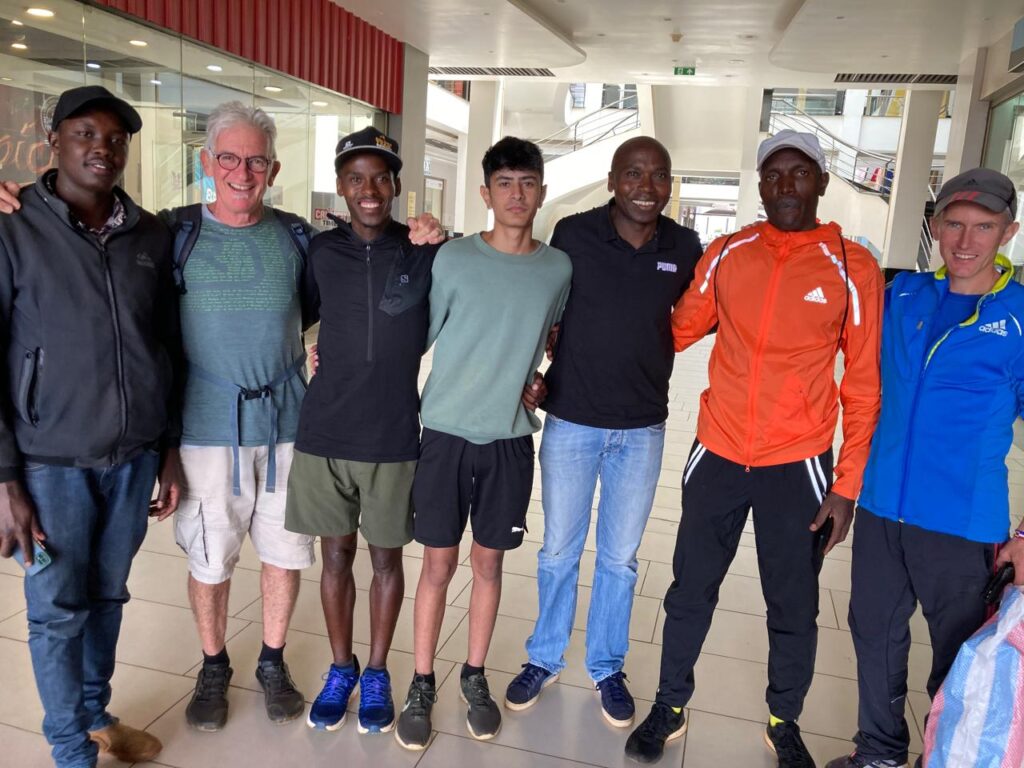
Sinovuyo Ngobo (3rd from left) and Kenya Trail Running Camp lead Jeremy Kropman. Photo – courtesy of Hugo van den Broek
“Yes he can, but it will be very hard for him – perhaps the hardest race of his career,” said Van den Broek.
“Eliud (Kipchoge) has had some amazing races in the last few years but the older you are, the harder it is to remain on a high level. On the other, hand, Eliud is a very smart and experienced runner – more than any other athlete in the field – which will be to his advantage.”
“Younger talented runners can win at city marathons, but the Olympic Marathon tends to be won by more experienced runners. Winning a championship medal is different to a top three at a big city marathon. The conditions in Paris will be tough.”
Kipchoge’s coach and mentor for more than two decades, Patrick Sang, is perhaps the best-placed person to identify what makes Kipchoge the best of the best – arguably the greatest marathoner who has ever lived.
A quest for education and patriotism were the twin forces which shaped Sang’s own running career.
“I started running when I was doing my A level years through an interclass competition. I ended up representing my school, and then all the way to nationals,” Sang told bird story agency.
“The incentive to continue running was the chance of obtaining an American track scholarship that came my way during the last year of A levels. But I only ran competitively at the university to maintain my scholarship.”
“Of course, later when I realised I could represent my country in major championships with sufficient effort, then patriotism became an important factor. It happened and the rest is history!”
Sang went on to win medals at the highest level, at World University competition, All Africa Games, World Championships and Olympic Games, before his mentoring partnerships with Kipchoge and world record holder and Olympic gold medallist track star Faith Kipyegon ensured his fame as a coach would surpass even that as an athlete.
“I would rate my three medals in major global championships (1991,1992,1993) the major highlights of my running career,” Sang added.
By a quirk of fate, Sang’s first connection with Kipchoge’s family was not through Eliud himself but with his mother.

“I met Eliud by default some 22 years ago, when he approached me for a training program at some point,” Sang recalled. “Later, I found out he was from my village and his mother had been my kindergarten teacher! The journey we’re still on, of course, has been a fruitful one.”
According to Sang, Eliud Kipchoge possesses qualities that distinguish him as an exceptional athlete among a nation of remarkable competitors.
“Eliud is special in the sense that he understands 100% what an athlete should be and engages in the sport he understands fully,” said Sang, who will be with Kipchoge in Paris as one of the coaches on the Kenyan Olympic Team.
“Among his key attributes are that he is a hard worker, humble and trusting.
These qualities have propelled him to achieve world records and Olympic gold medals and could potentially lead him to an unprecedented third Olympic Marathon title.
“Competitiveness is a state of mind,” muses Sang. “Eliud is competitive because he believes he can.”
Led by Kipchoge and World Number 2, Benson Kipruto, the Kenyan team for the men’s marathon is formidable, but their female counterparts are equally likely to bag podium positions in Paris and Van den Broek is confident of their success.
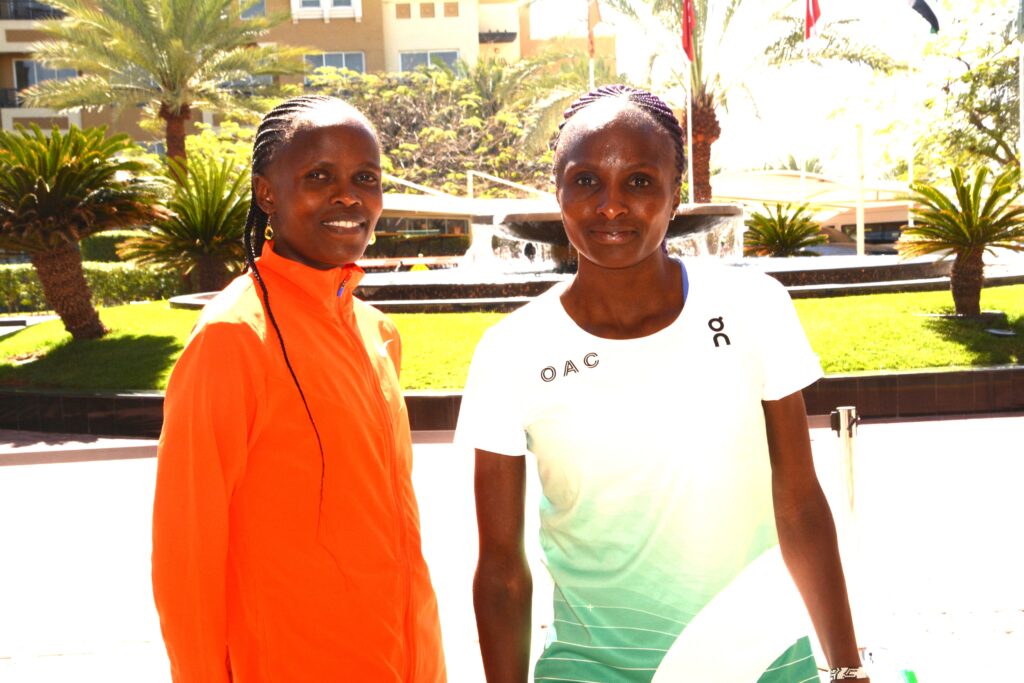
“I’ve met some of the women on the team once or twice, but don’t know them personally,” Van den Broek said. “But Helen (Obiri) is a great championship athlete who is smart and tough and who knows how to win races which count. Peres (Jepchirchir) is defending champion, also a great athlete and an obvious first choice for the Kenyan team.
“(Former world record holder) Brigid Kosgei, is a less obvious choice (currently ranked 32nd in the world) but not knowing the inside story, I can’t really comment in detail.”
bird story agency



[…] sourceAdvertisement Post Views: 1 Related Topics:home Don't Miss […]